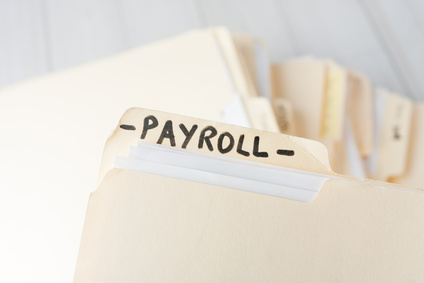Governments Should Not Set the Minimum Wage

Alberta’s Jobs Minister Lori Sigurdson announced at the end of June that the new government would be raising the province’s hourly minimum wage from $10.20 to $11.20 come October, taking the first step in fulfilling a campaign promise to raise it to $15 by 2018. According to a Mainstreet/Postmedia poll, 59 per cent of Albertans approve of the plan to dramatically raise the minimum wage.
You might imagine that Albertans, of all people, would be allergic to price controls after the National Energy Program debacle of the 1970s. Of course, that was the federal government messing with prices. Maybe the indignity of economic interventionism is easier to swallow when it’s one of your own who’s got her hands on the levers.
A more likely explanation is that many people don’t think of minimum wage laws as price controls. And admittedly, wages are a special kind of price: the price of labour. Who but an ogre could be against ensuring that all workers are able to earn a decent living? Aren’t high minimum wages just a corrective for unscrupulous employers who pay “poverty wages,” as the president of the Alberta Federation of Labour put it recently?
As it turns out, though, price controls are a particularly harmful way of redistributing wealth. This is because prices serve a very useful purpose in society. When prices are free to rise and fall in response to changes in supply and demand, they convey information to buyers and sellers. If there is a shortage of a certain product on the market, for instance, prices will rise, encouraging producers to produce more and consumers to consume less until the shortage is eliminated. If conversely there is a surplus, then prices will fall, encouraging less production and more consumption until the surplus is used up. This is what happens in most spheres of activity, and the process is so quick and automatic that we consumers rarely even notice it happening.
If a government controls prices, however, it interrupts the normal flow of information between buyers and sellers. Canada’s supply management system for the dairy industry, to take a concrete example, fixes prices, regulates production, and keeps imports out. As a direct result of this inflexible, top-down regime, Ontario farmers recently dumped hundreds of thousands of litres of surplus milk into farm manure pits.
Wages serve the same kind of informational purpose in the market for labour. A shortage of a certain kind of labour (or of labour in a certain region) will lead to an increase in wages offered for that kind of labour (or in that region). This will encourage some additional workers to offer this kind of labour (or to move to that region). And similarly, a surplus of labour of a certain kind or in a certain place will discourage these kinds of actions.
If a government interferes with this exchange of information, specifically by setting a price floor for labour, it essentially outlaws a set of transactions between employers and workers that would have occurred if wages were free to fluctuate in response to supply and demand. The higher the price floor is set, the greater the number of such transactions that are affected.
In reaction to the establishment of a minimum wage, or to the raising of a minimum wage, some workers will see their wages rise, it’s true. But some other workers will lose their jobs, as employers reduce the number of people they employ or decide not to create new jobs or create fewer jobs, perhaps automating or eliminating certain posts. These negative consequences may not happen right away, making them less visible than the immediate, obvious positive results. But as I have written before, empirical studies carried out in Canada are unequivocal: Minimum wage increases lead to higher unemployment, especially among the youngest workers, who tend to be the least-skilled.
To the extent that minimum wage laws have an effect, some economic activity that would have taken place will not take place, because it will not be worth doing at the new, legislated cost. A good number of Albertans seem to have at least some understanding of this, because 52 per cent of those surveyed in the Mainstreet/Postmedia poll believe that raising the minimum wage will result in a weaker economy.
This means that at least 11 per cent (59 per cent – 48 per cent) know the proposed plan will hurt the economy, but want it anyway. Perhaps they do not realize that a weaker economy hurts real people–and none more so than the least-skilled workers, some of whom, instead of finding low-paid work, will find no work at all.
Yanick Labrie is an Economist at the Montreal Economic Institute. The views reflected in this op-ed are his own.

